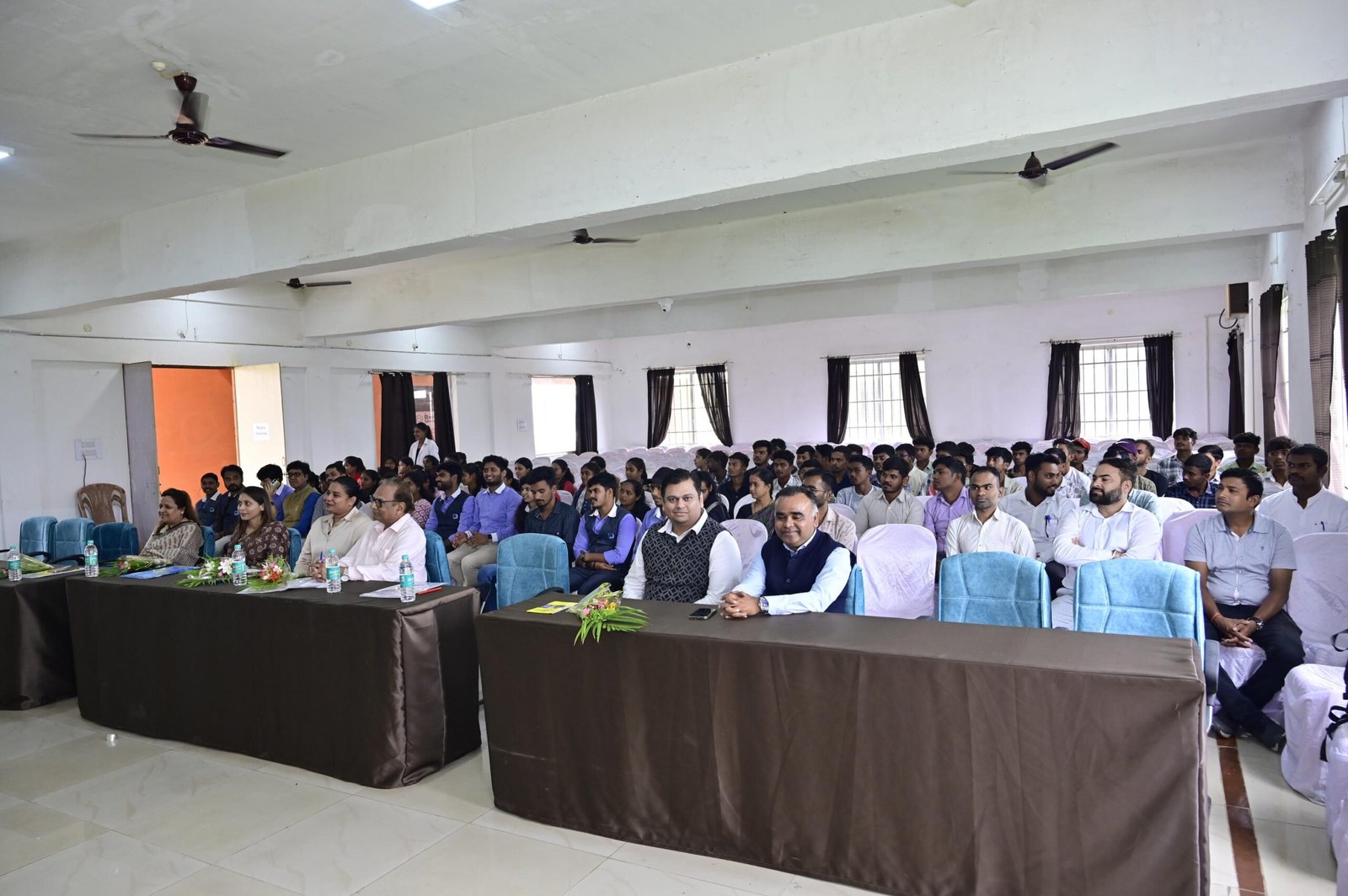
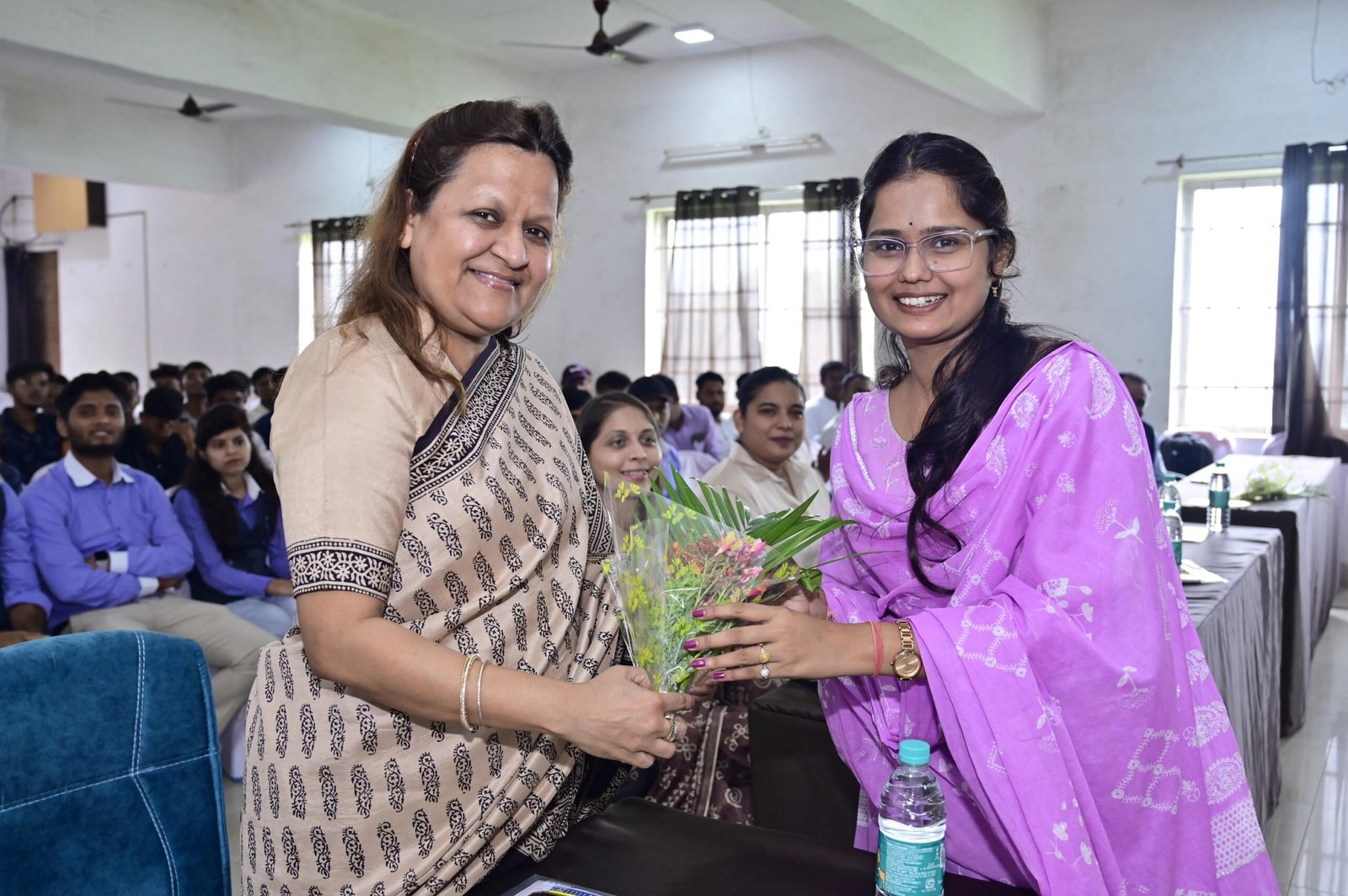
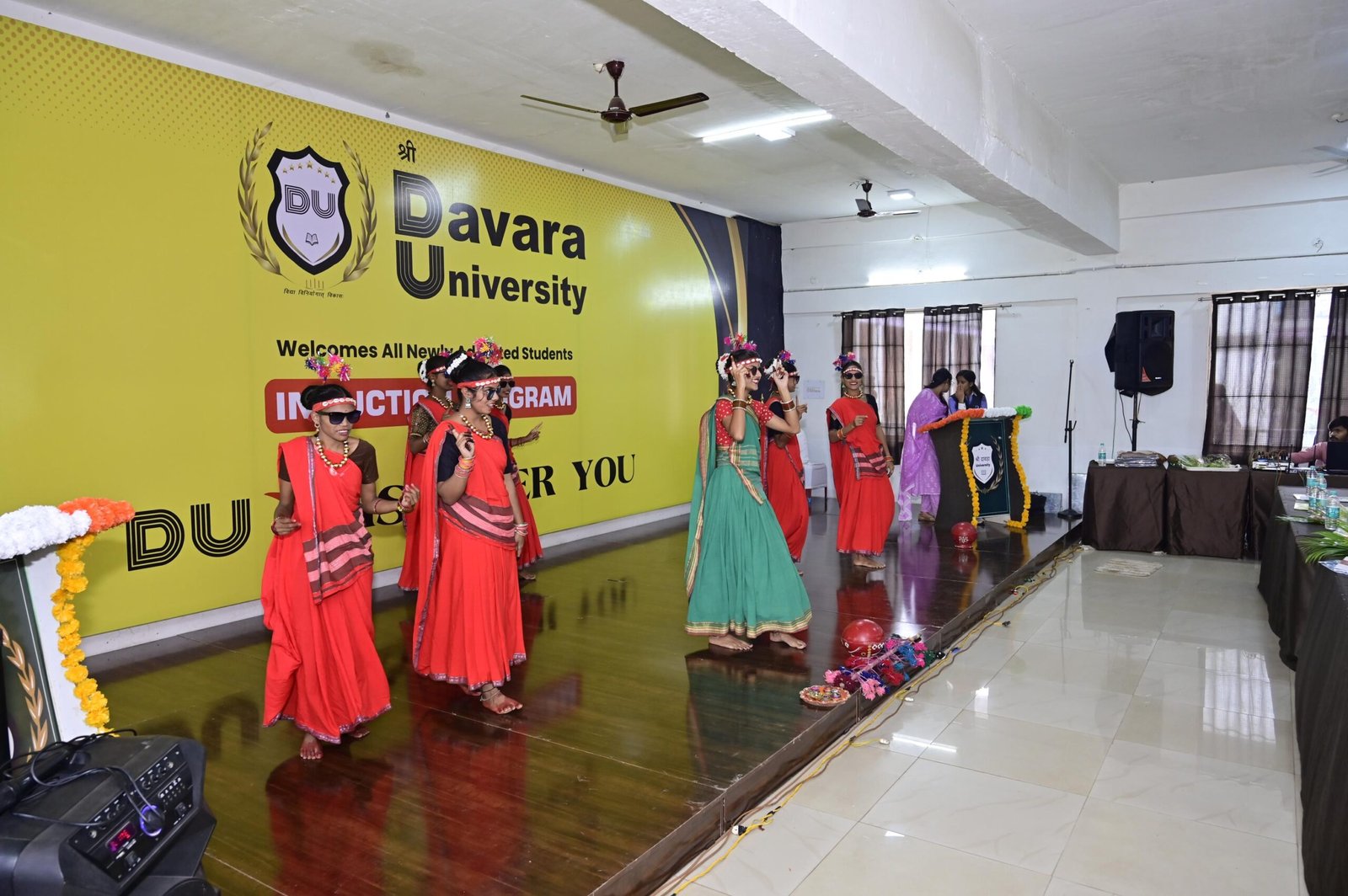
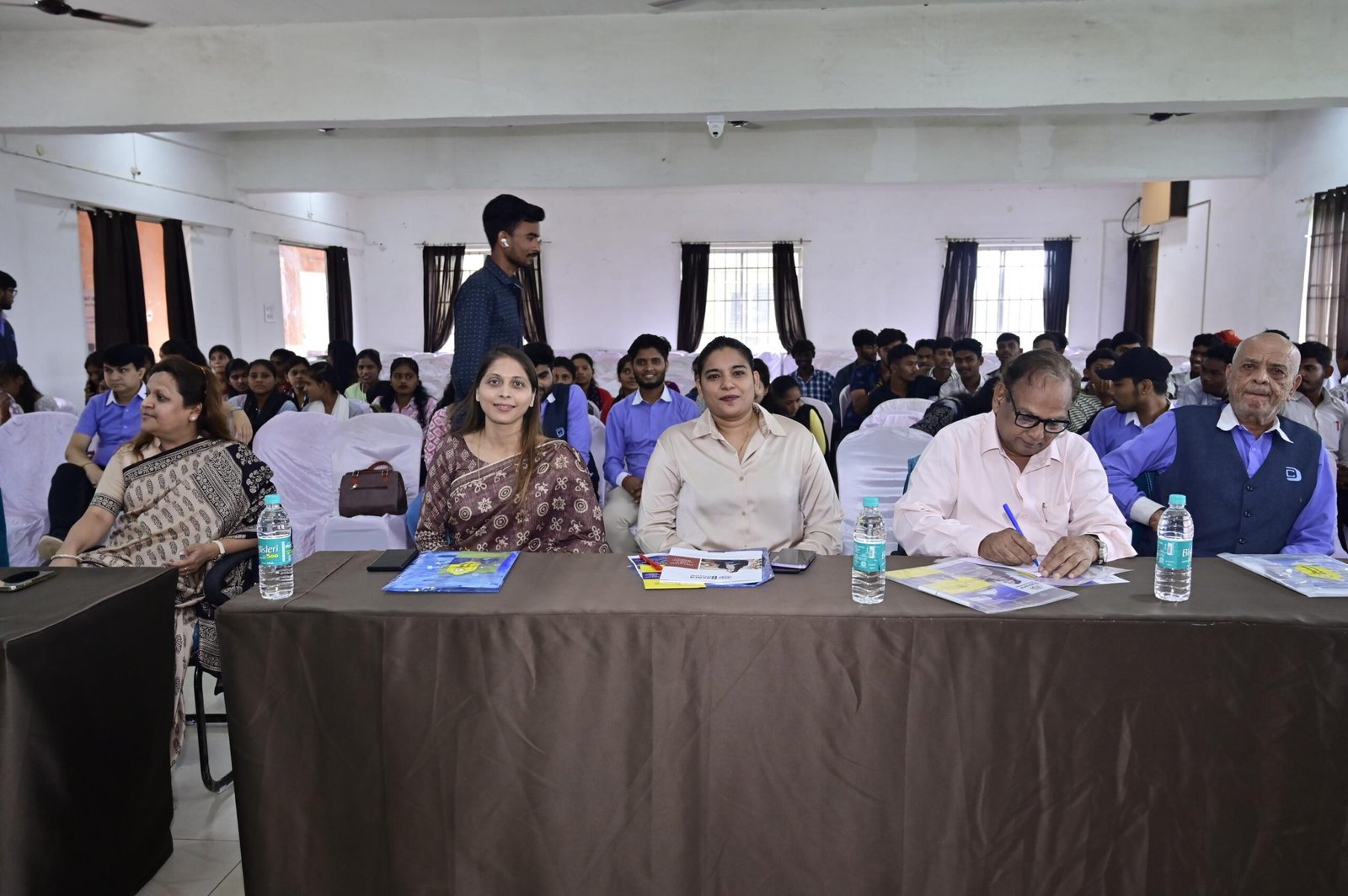
A Bachelor of Arts in Journalism and Mass Communication (BAJMC) Honors is a dynamic and comprehensive three-year undergraduate program designed to equip students with the skills and knowledge necessary for a successful career in the media and communication industry. This course covers a wide array of subjects, including journalism, media studies, public relations, advertising, and digital media, providing a well-rounded education in both theoretical and practical aspects of mass communication.

Affordable tuition, financial aid, and scholarships to make your education attainable.
Fully accredited programs ensuring your degree is respected and recognized globally.
A wide range of programs in arts, sciences, business, and technology to fit your career goals.
Proven success with high employment rates and graduates at top companies worldwide.
A career in BJMC is a good fit for those who have always been interested in current events and concerns throughout the world. They should be able to communicate effectively with a wide range of people using a variety of media outlets , and have a knack for writing and reporting on events. Candidates for this position should be able to write well, including editing and web writing, as well as have strong communication and analytical abilities.Students delve into the history and evolution of journalism, learning about the ethical and legal frameworks that govern the media industry. They also gain hands-on experience in news reporting, writing, editing, and broadcasting, using state-of-the-art media labs and studios. The curriculum often includes modules on media research, where students learn to conduct and analyze research to understand media trends and audience behavior. Additionally, courses on public relations and advertising teach students how to craft compelling messages and campaigns for various media platforms. The program also emphasizes the importance of digital media, preparing students to navigate and leverage the rapidly changing digital landscape. Graduates of BAJMC Honors can pursue diverse career paths, including roles as journalists, news anchors, editors, public relations specialists, content creators, and media analysts. The course not only hones their communication and storytelling skills but also fosters critical thinking, creativity, and ethical responsibility, making it an ideal choice for those passionate about media and communication and looking to make a significant impact in the industry.
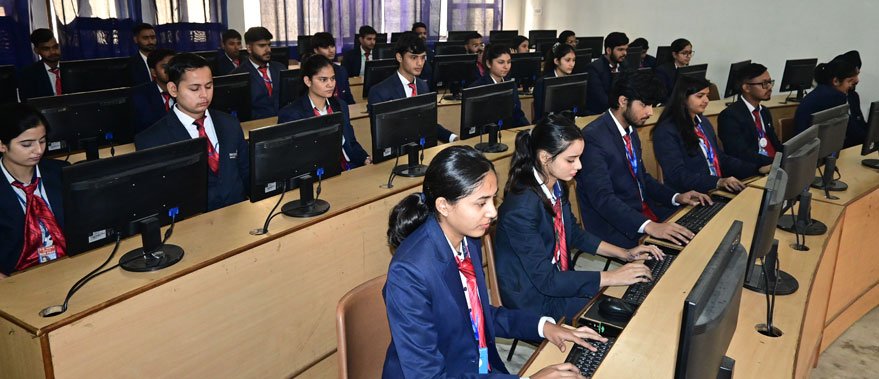
Apply the knowledge of mathematics, science, engineering fundamentals, and an engineering specialization to the solution of complex engineering problems.
Identify, formulate, research literature, and analyze complex engineering problems reaching substantiated conclusions using first principles of mathematics, natural sciences, and engineering sciences.
Design solutions for complex engineering problems and design system components or processes that meet the specified needs with appropriate consideration for the public health and safety and the cultural, societal, and environmental considerations.
Use research-based knowledge and research methods including design of experiments, analysis and interpretation of data, and synthesis of the information to provide valid conclusions.
Create, select, and apply appropriate techniques, resources, and modern engineering and IT tools including prediction and modeling to complex engineering activities with an understanding of the limitations.
Apply reasoning informed by the contextual knowledge to assess societal, health, safety, legal and cultural issues and the consequent responsibilities relevant to the professional engineering practice.
Understand the impact of the professional engineering solutions in societal and environmental contexts, and demonstrate the knowledge of, and need for sustainable development.
Apply ethical principles and commit to professional ethics and responsibilities and norms of the engineering practice.
Function effectively as an individual, and as a member or leader in diverse teams, and in multidisciplinary settings.
Communicate effectively on complex engineering activities with the engineering community and with society at large, such as, being able to comprehend and write effective reports and design documentation, make effective presentations, and give and receive clear instructions.
Demonstrate knowledge and understanding of the engineering and management principles and apply these to one’s own work, as a member and leader in a team, to manage projects and in multidisciplinary environments.
Recognize the need for, and have the preparation and ability to engage in independent and lifelong learning in the broadest context of technological change.






